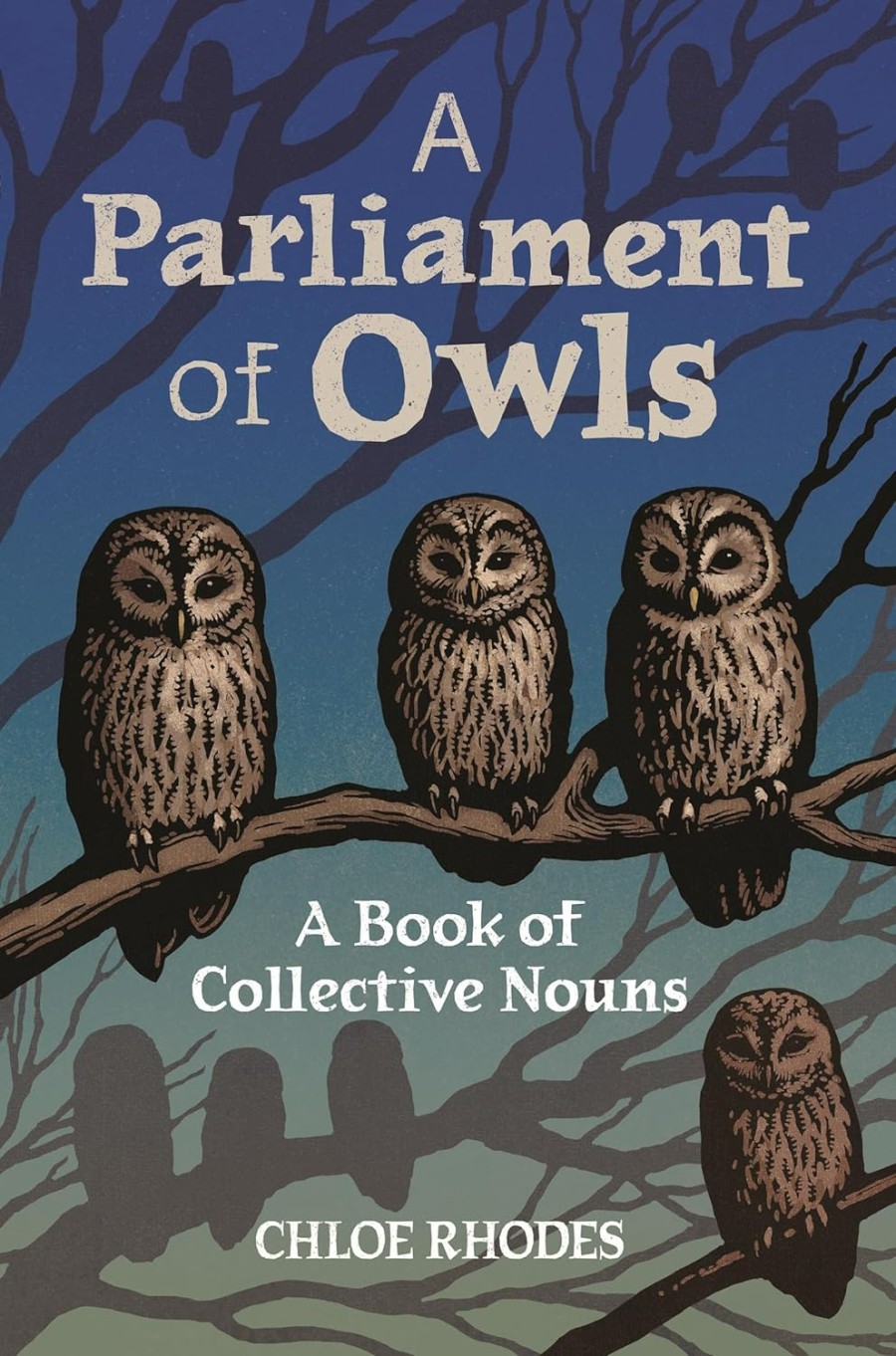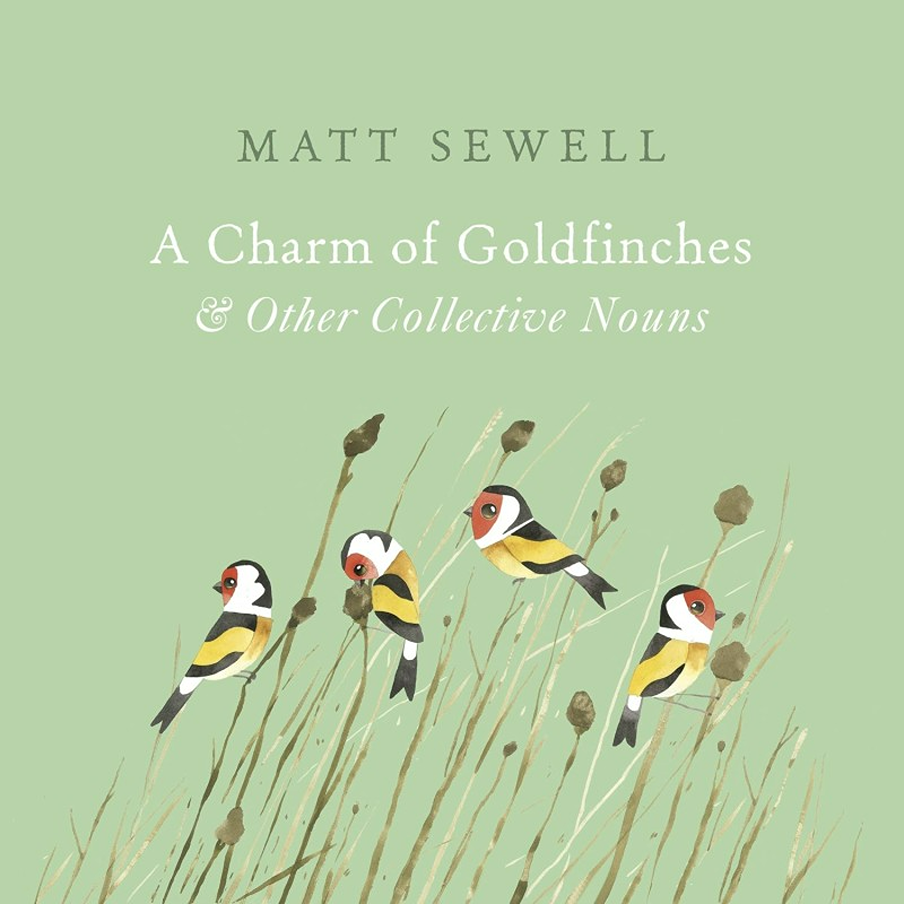Interesting Books on the English Language

Geoffrey Chaucer is known as ‘the father of English literature’ (many of us remember A-levels trying to fathom out Olde English in his Canterbury Tales – stories of pilgrims travelling to the ancient city). He’s buried in Poets’ Corner in Westminster Abbey.
There is no evidence to suggest Chaucer visited the historic city of Canterbury, but it has been a pilgrimage site since the assassination of the Archbishop Thomas Becket in 1170.
Back in the days of Chaucer, most people in England spoke French and Latin, hence the difficult language the (unfinished) tales are written in.
Interesting Books of Collective Nouns

If you or your children find nouns, pronouns, verbs and adjectives boring, you won’t after reading these fantastic books.
A Parliament of Owls asks why geese are in a gaggle, are lions actually proud, and do crows deserve their murderous moniker? Collective nouns are the most bizarre and baffling aspects of the English language.

A Charm of Goldfinches (and other collective nouns) is an absolutely gorgeous book and educational and funny too. This is a really really good book – really do buy a copy! You’ll learn all manner of info about creatures around the world, in funny narratives. Some of the creatures featured (grouped by land and sea) include:
- An Array of Hedgehogs
- A Memory of Elephants
- A Skulk of Foxes
- A Down of Hares
- A Pride of Lions
- A Trip of Rabbits
- A Crash of Hippos
- A Richness of Martens
- A Dazzle of Zebras
- A Lounge of Lizards
- A Mural of Buntings
- A Skein of Geese
- A Crown of Kingfishers
- A Cloud of Bats
- A Murmuration of Starlings
- A Flutter of Butterflies
- A Watch of Nightingales
- A Pod of Dolphins
- A Harem of Seals
A Mob of Emus: Emus are nearly 6 feet tall and certainly not afraid to look you in the eye. They are like a bunch of locals who gate-crash your party.
All weird haircuts and mono-brows, they’re funny and quite charming at first. Until they’ve drunk all your booze and things start to turn a bit nasty. So it’s probably best to avoid eye contact from the get-go.
Leicester: Birthplace of the English Language

Long before modern English took shape, Latin mixed with local dialects, laying down early foundations for what would slowly become the English language. Words and ideas from Roman Leicester still echo in some English place names and terms.
After the Romans, Anglo-Saxons settled in the area. Words like “ceaster” (meaning fort or town) show up in many place names, a legacy of this time. This blend started to shape the English spoken across the Midlands.
Leicestershire’s market towns each have their own character:
- Loughborough is known for the Great Central Railway (which still runs steam trains)
- Ashby-de-la-Zouch draws visitors to its castle ruins and independent shops. The name sounds French, but isn’t – it’s from old Saxon English.
- Melton Mowbray was known as home of the pork pie. But in the county that started the vegan movement (see below), try Northumberland’s Magpye (vegan alternatives with no palm oil – try their ‘oops by yum’ pies that have cracks in the pastry!)






